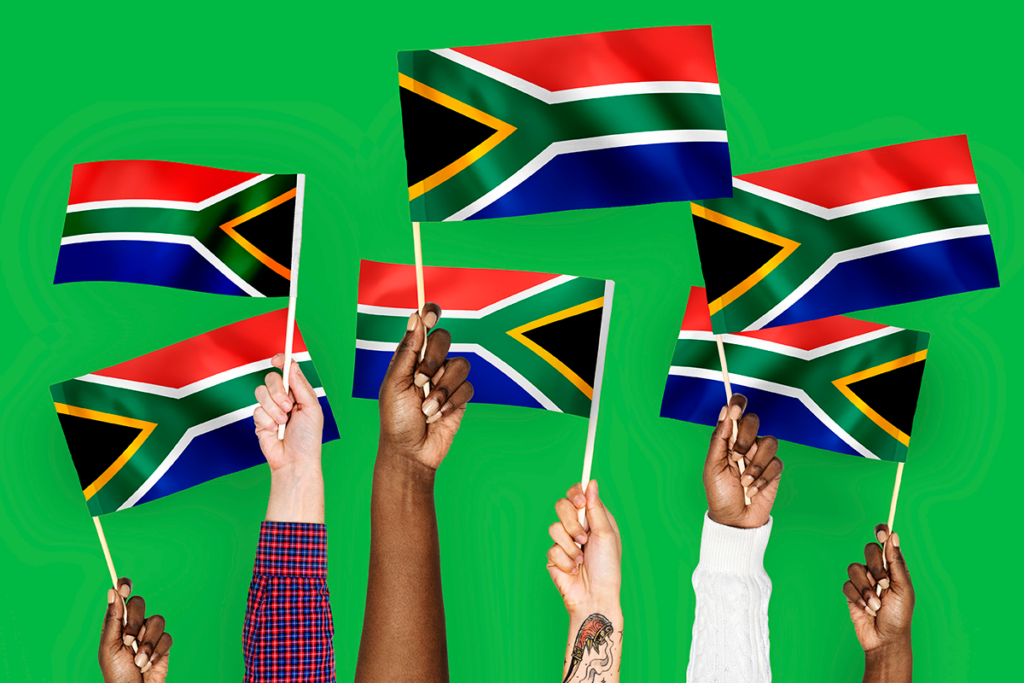The 2024 elections in Southern Africa have cast a spotlight on the region’s intensifying economic pressures, with longstanding political parties facing unprecedented challenges. As youth frustrations grow amid stagnant economies, the results reflect not only a shift in voter priorities but also a generational demand for more responsive governance. While democracy remains a cornerstone of the region, economic issues have taken center stage in shaping political outcomes.
Historically regarded as one of Africa’s more politically stable regions, Southern Africa has largely maintained its democratic processes despite turmoil in other parts of the continent. However, the 2024 elections brought to light the region’s economic vulnerabilities, particularly in nations reliant on resource-driven industries like mining. Sluggish economic growth, coupled with soaring youth unemployment, catalyzed significant changes at the ballot box, challenging the dominance of entrenched political parties.
In Botswana, a country known for its steady democracy, the 58-year reign of the Botswana Democratic Party (BDP) came to an end in October. Declining global diamond demand—a cornerstone of Botswana’s economy—exacerbated economic hardships, particularly among the youth. These factors enabled opposition parties to secure a decisive victory, ending President Mokgweetsi Masisi’s tenure. The election underscored how deeply economic dissatisfaction can disrupt even the most stable political environments.
South Africa’s African National Congress (ANC), a liberation movement turned governing party, faced its own reckoning. For the first time since the end of apartheid, the ANC lost its parliamentary majority during the May elections, securing just 40% of the vote—down from 57.5% in 2019. Allegations of corruption, inadequate public services, and economic stagnation alienated voters, forcing the ANC into a coalition government. The results mark a significant turning point in the party’s post-apartheid legacy.
Namibia’s South West Africa People’s Organization (SWAPO) managed to hold onto power, but with its weakest performance since independence. Netumbo Nandi-Ndaitwah, Namibia’s first female president, led the party to a narrow victory, securing only 51 of the 49 parliamentary seats required for a majority. The election results reveal widespread frustration among younger voters, who are increasingly disillusioned with SWAPO’s ability to address economic challenges.
In Mozambique, the ruling Frelimo party retained control but faced widespread unrest. High unemployment and economic stagnation fueled youth protests, with opposition leader Venancio Mondlane contesting the election results in court. Violent demonstrations underscored the urgency of economic reforms, as discontent simmered across the country. Similarly, in Comoros, President Azali Assoumani’s controversial fourth-term victory sparked protests, reflecting growing frustration with entrenched leadership in the region.
Meanwhile, Mauritius—a beacon of economic stability in Africa—experienced a surprising electoral shift. A coalition of opposition parties unseated Prime Minister Pravind Jugnauth, highlighting voters’ demand for economic change. Former Prime Minister Navin Ramgoolam returned to power, signaling a renewed focus on addressing economic grievances.
The 2024 elections revealed a clear trend: economic concerns are now at the forefront of Southern Africa’s political discourse. Younger generations, burdened by limited job prospects and shrinking economic opportunities, are calling for greater accountability and more effective governance. Liberation-era political parties, once revered for their historical significance, are increasingly viewed as out of touch with modern economic realities.
As Southern Africa navigates these challenges, the election outcomes suggest a collective regional pivot toward economic reform. Voters are demanding sustainable growth, employment opportunities, and improved governance to address the pressing economic crises that define the region’s current political climate.


